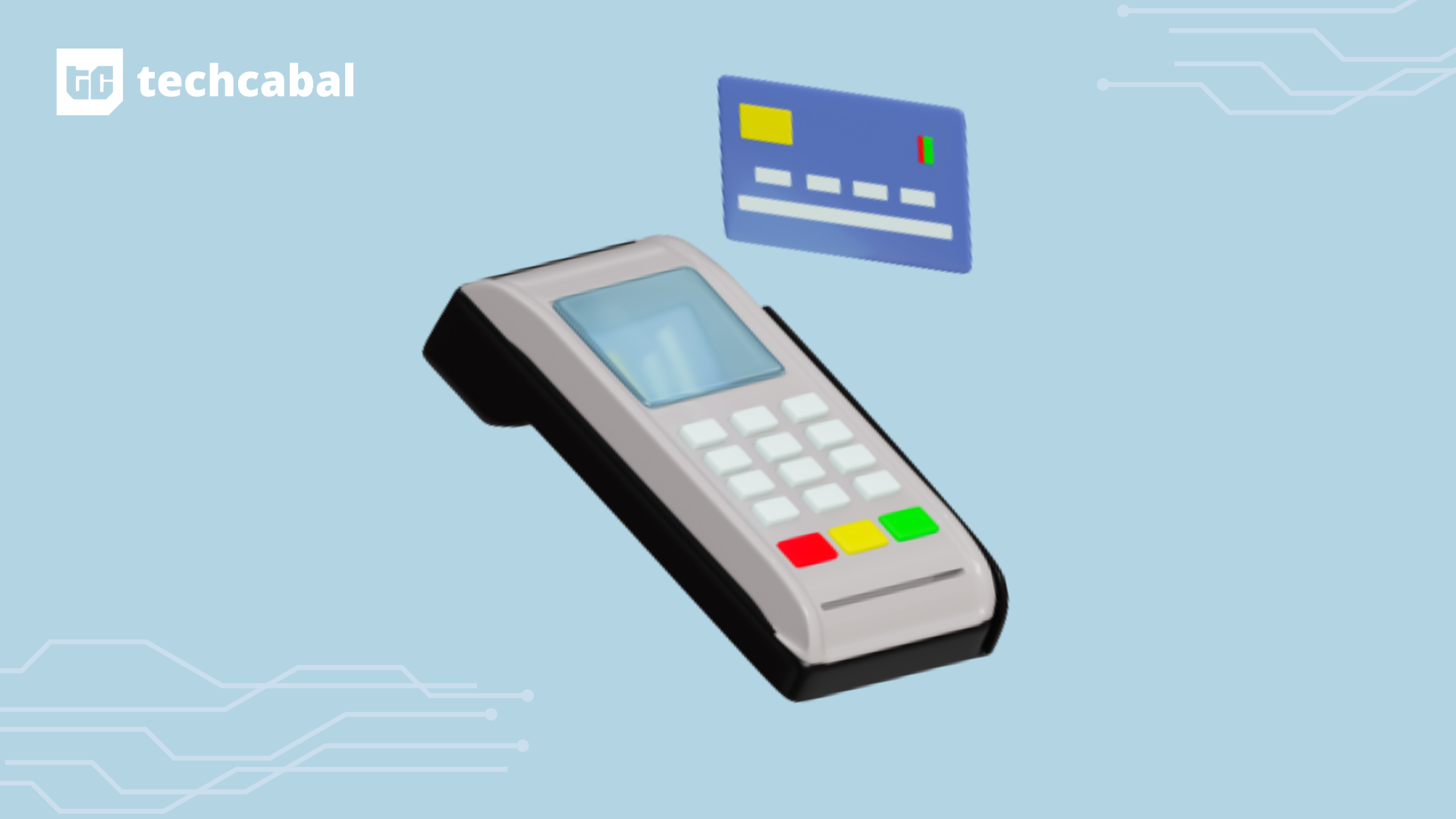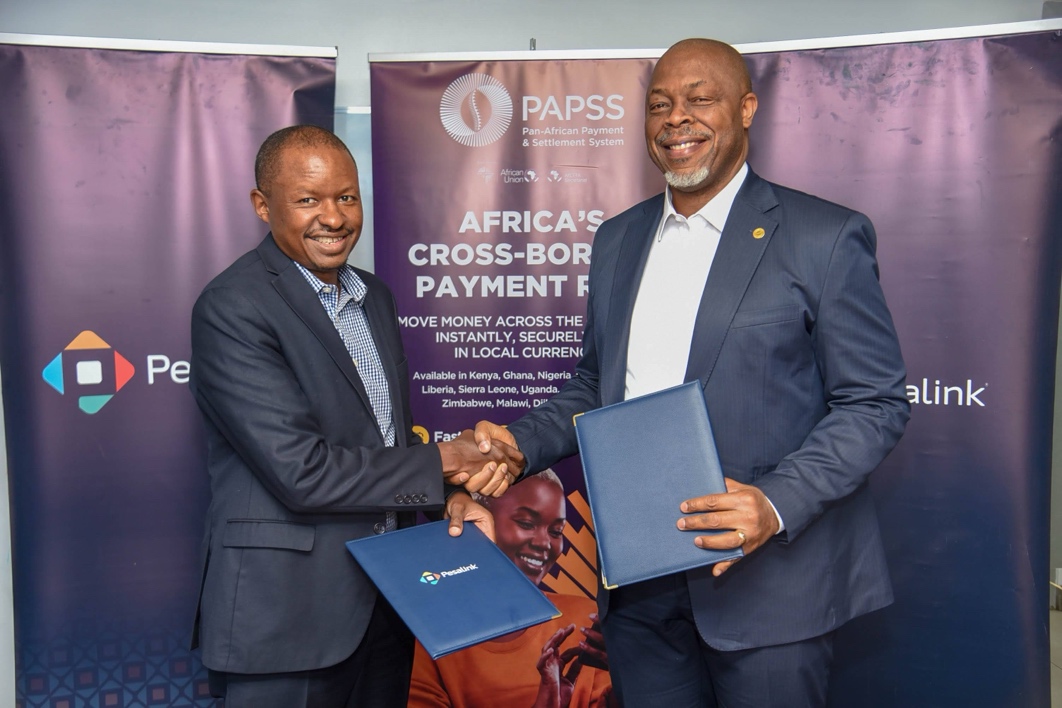A policy driven cash crunch produced winners in OPay and Palmpay. What lessons can other neobanks learn from the Chinese-backed duo?
Despite the controversial nature of Nigeria’s recent currency redesign, it produced a few fintech winners like the Chinese-backed startups, OPay and Palmpay. OPay, for instance, now claims to have 30 million registered users. Moniepoint—formerly TeamApt—also saw its transactions rise. It claimed to have processed about $43 billion in transactions in the first three months of the year. Similarly, Kuda bank recorded an increase in its volume of transactions during this period, according to the company’s VP, Product Innovation & Strategy, Nosakhare Oyegun.
“March was an outstanding month for us in terms of payments across cashless channels. We’ve seen significant growth that we can easily attribute to the cash scarcity, with observed consumer behaviour confirming a shift to cashless payments,” Oyegun said in an email response to TechCabal, although he declined to share transaction or user numbers.
Kuda saw growth during the cash crunch, but so did Nigerian banks. The difference is that OPay and Palmpay are now at the last mile. The previously underserved or unbanked now use these platforms and trust them and all it comes down to the distribution that allowed this happen.
Distribution is everything
For Ibrahim Toyeeb Ibitade, CEO of Leatherback, a cross-border payments platform, both OPay and Palmpay have been intentional about building solutions that don’t rely on internet connectivity or online platforms like NIBSS Instant Payments (NIP). “What they [OPay and Palmpay] have been able to do is letting customers create banking portals with their mobile numbers and leveraging offline-based solutions that allow ease in carrying out transactions,” he told TechCabal over a call.
Ayoola Kosoko, a fintech expert, also attributed Opay and Palmpay’s win to their solid agent networks— which he likened to brick-and-mortar buildings of traditional banks—who were physically present to aid financial services for their customers. “The agents were already in existence, it was just more like increased banking transactions for them, as it were,” he said. “Some of the other neobanks don’t even have an agent network, no physical presence.”
Opportunity meets preparedness
“There would never be a better time for you to be ready,” Kosoko says as he attributes OPay and Palmpay’s win to their preparedness before the cash crunch began. “OPay was able to optimise its infrastructure to accommodate as much traffic.”
He believes that other neobanks’ infrastructure had not really been put to the test until people started turning to them as alternatives. He adds that the neobanks should be able to handle the punches thrown at them during tough periods of increased demand. “They [neobanks] need to ensure that their infrastructure and platforms are optimised enough to take as many hits as possible when it comes to an increased volume of transactions. So they don’t have a situation where transactions are failing, transactions are hanging, reversals are happening for some people and not happening for others,” he said.
Charles Odogwu, a digital payment expert, shares a similar view, citing that OPpay and Palmpay’s payment solutions being excellent and transactions carried out on these platforms were “almost instant”. He added that other neobanks should “try not to be a traditional bank in the digital space”.
What does this mean for financial inclusion in Nigeria?
Per KPMG’s financial inclusion report [pdf], more than one in three Nigerian adults are financially excluded – with no access to useful, relevant, and affordable formal financial services such as payment, savings, and credit. According to a World Bank report, Nigeria is among the seven countries in the world with half of the world’s unbanked.
For Odogwu, the cash crunch has had a positive impact on financial inclusion in Nigeria. “Before the cash crunch, a lot of vendors and merchants don’t want to hear anything about transfers, it’s either POS or cash. The number of transfers now is even more than POS transactions, because the vendors trust the transfers. And a lot of these transfers come from OPay and Palmpay,” he said.
Ibitade, however, argues that there is still a long way to go in achieving financial inclusion in Nigeria, albeit it comes with a good side. “This situation means a lot of opportunities for other startups to come up with unique solutions that can make payments easier for everyone. Reorientating people and building trust are most important. The question is, “How do people know that their money won’t be stolen from that solution you’ve created?” he quipped.
Post-cash crunch, who are Nigerians trusting with their transactions?
Now that cash is back in circulation, who are Nigerians turning to for transactions? Misturat Arike, a trader in the Ikorodu area of Lagos, says she has become accustomed to receiving payments from customers via her OPay account—which she primarily uses for her business. But like the other traders who spoke to TechCabal, she expressed concerns about the digital bank’s lack of physical branches.
“While it [OPay] is good for us traders because it is fast, my problem is that we don’t know where to go if any issue arises. I heard they have an office in Ikeja but I don’t even know where the place is, unlike regular banks that have branches everywhere,” she said.
Alabi Balogun, who manages a grocery shop in Surulere, echoes the same sentiment, adding that he now uses his OPay and traditional bank accounts at the same time. “Trust is the main thing here. As someone who was once duped by a fake digital platform, I have been struggling to trust them again,” he told TechCabal.




















